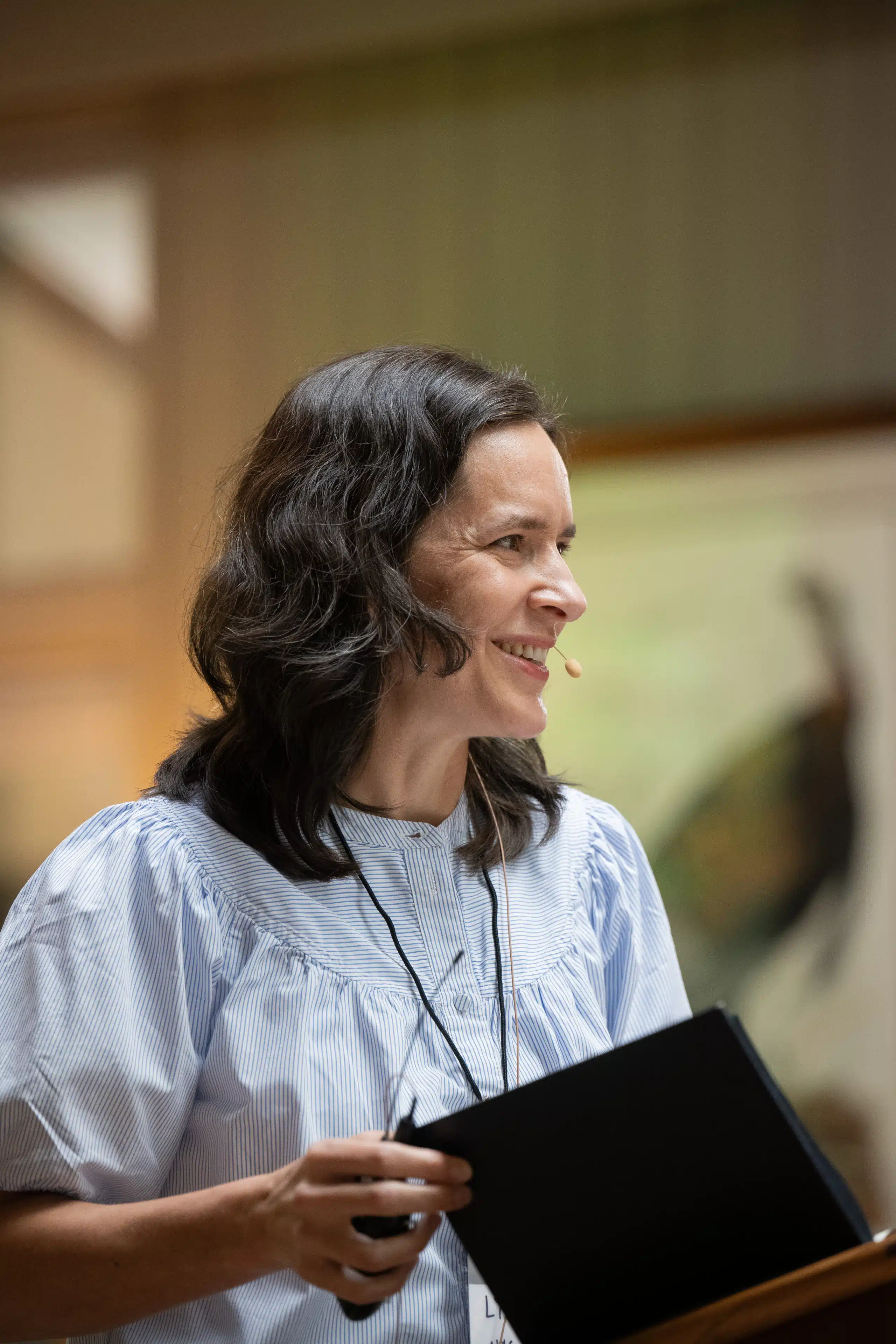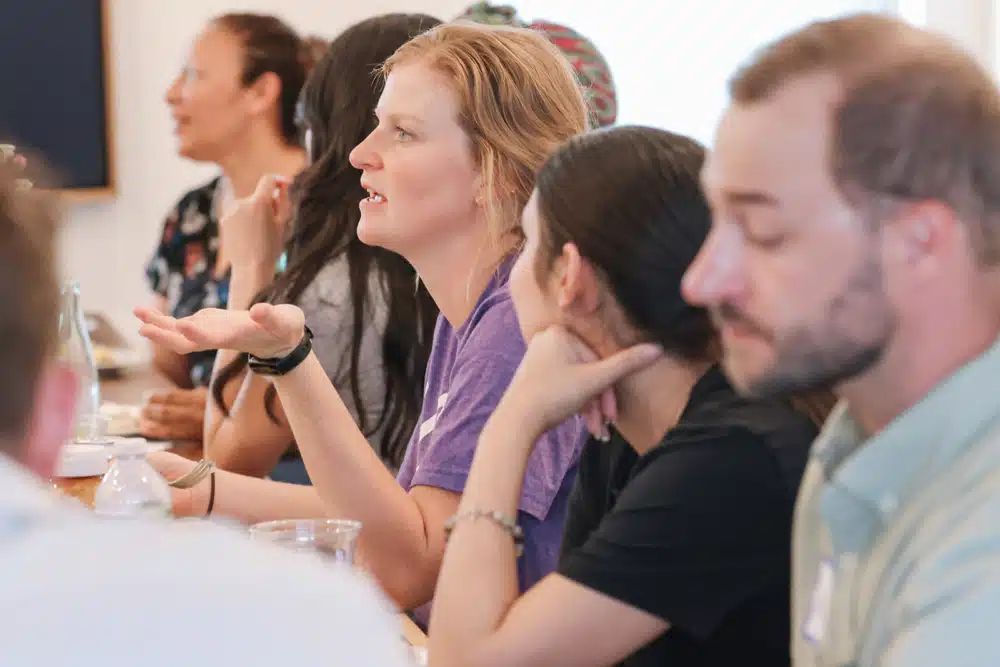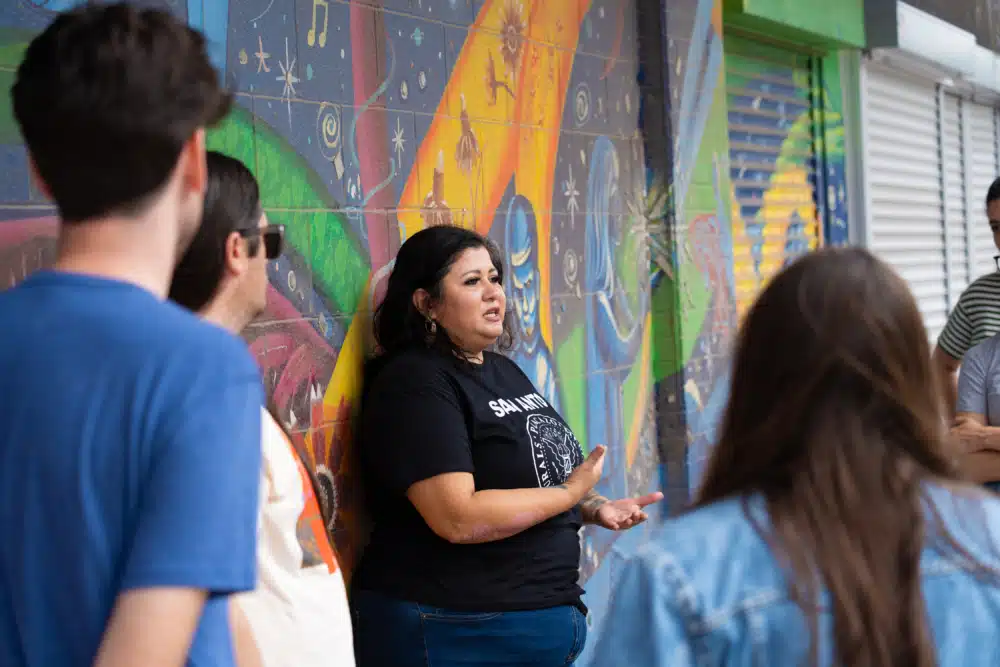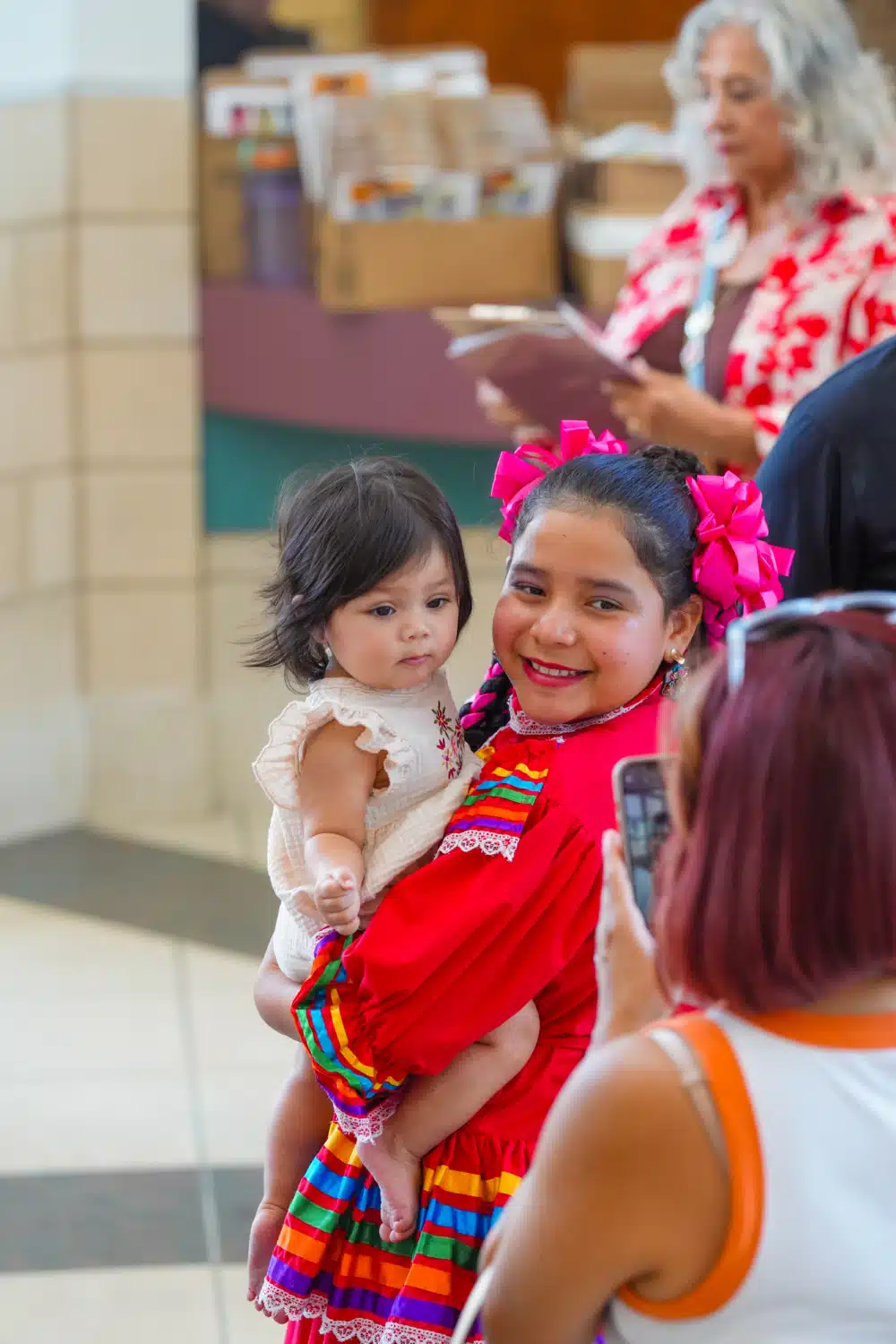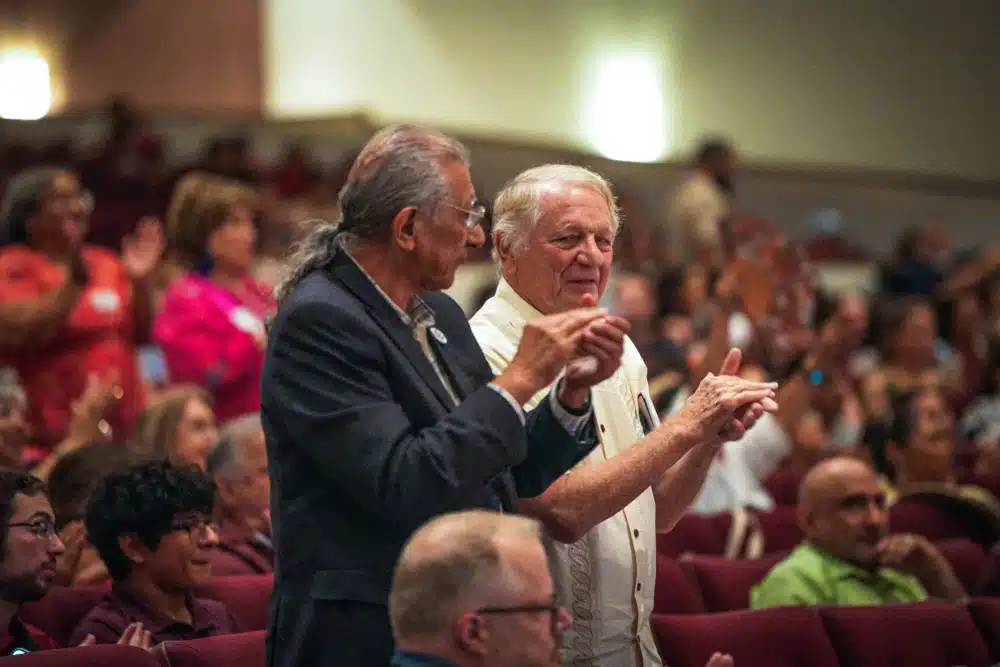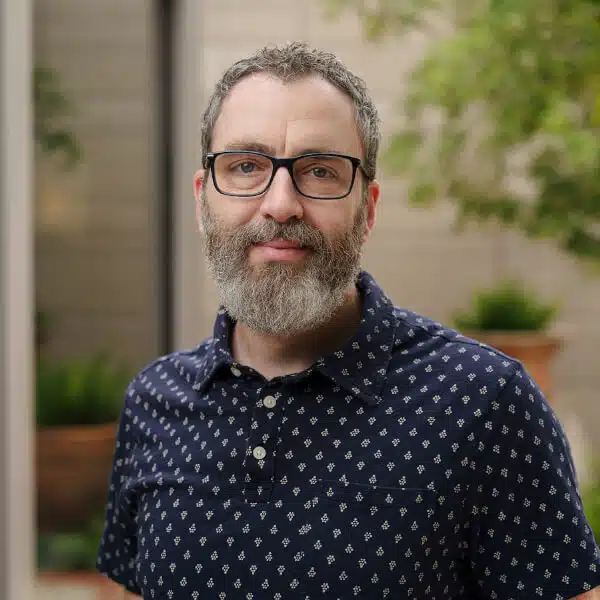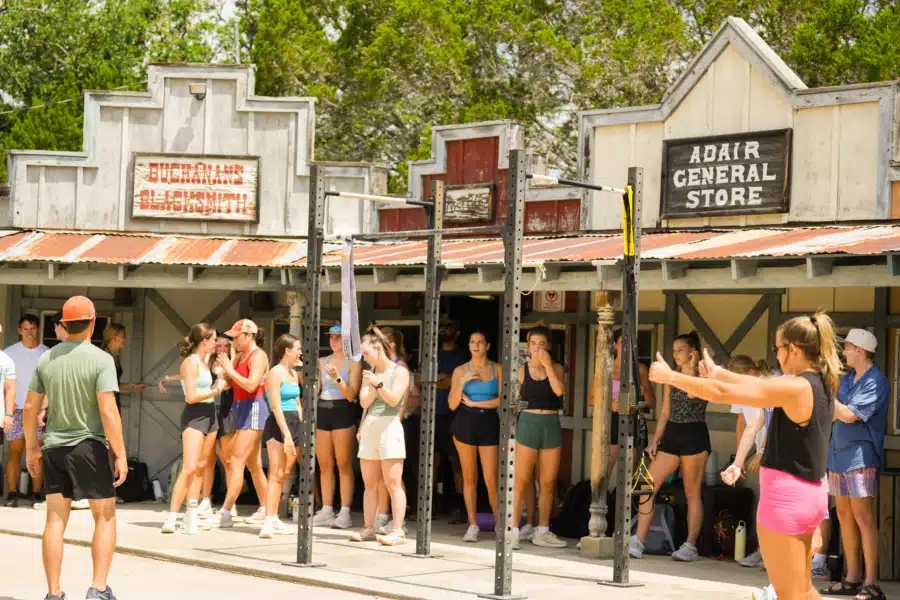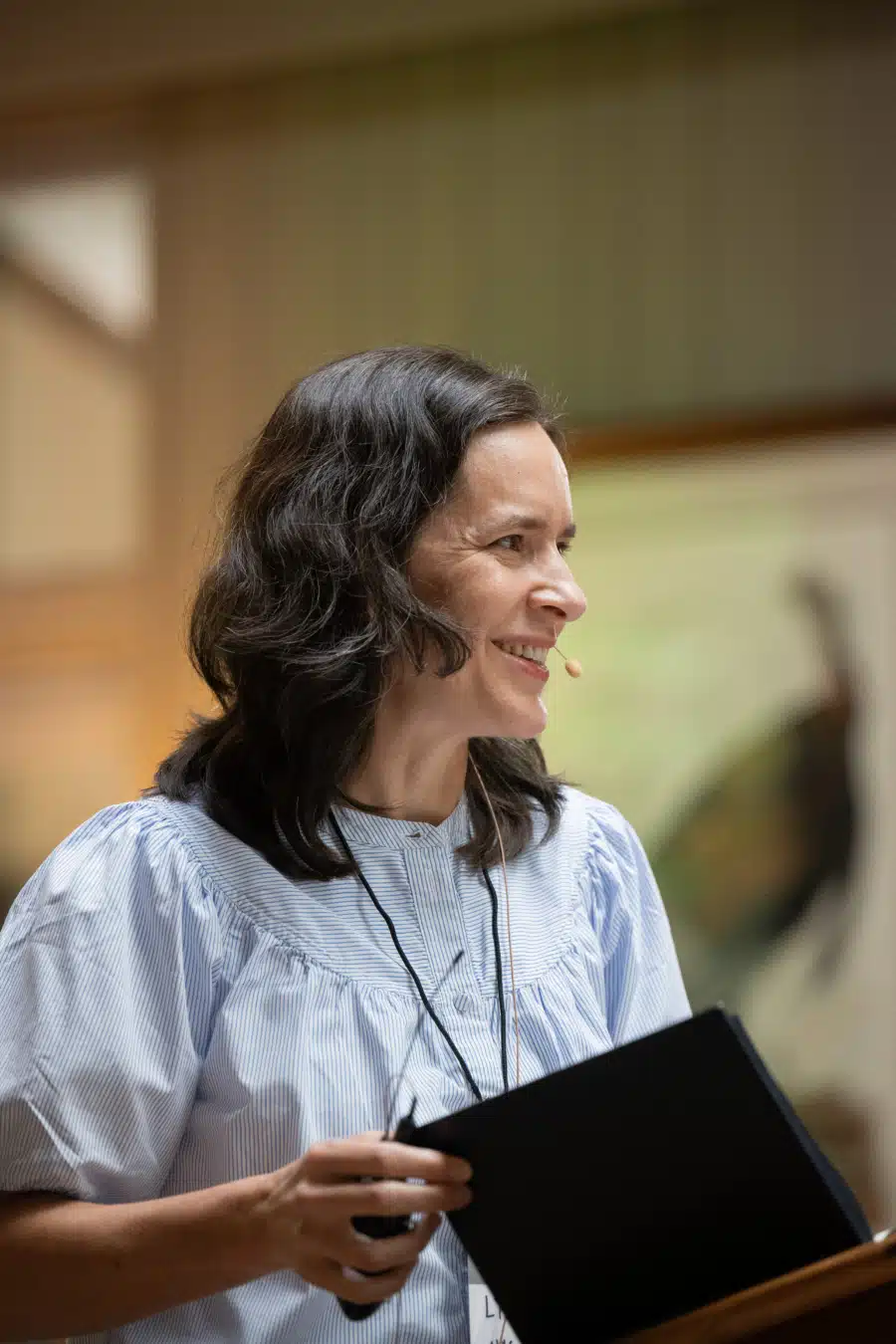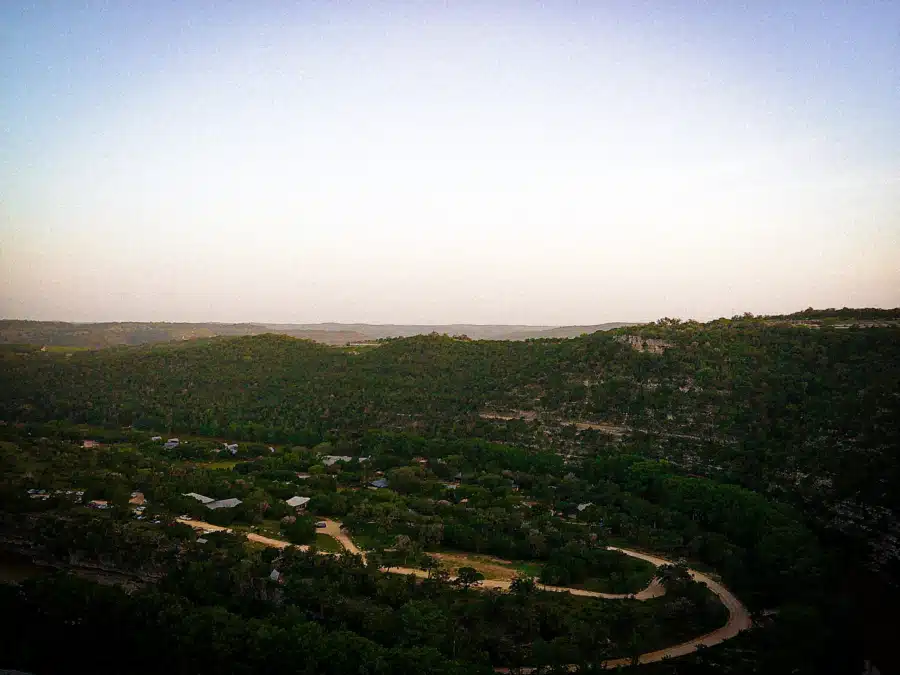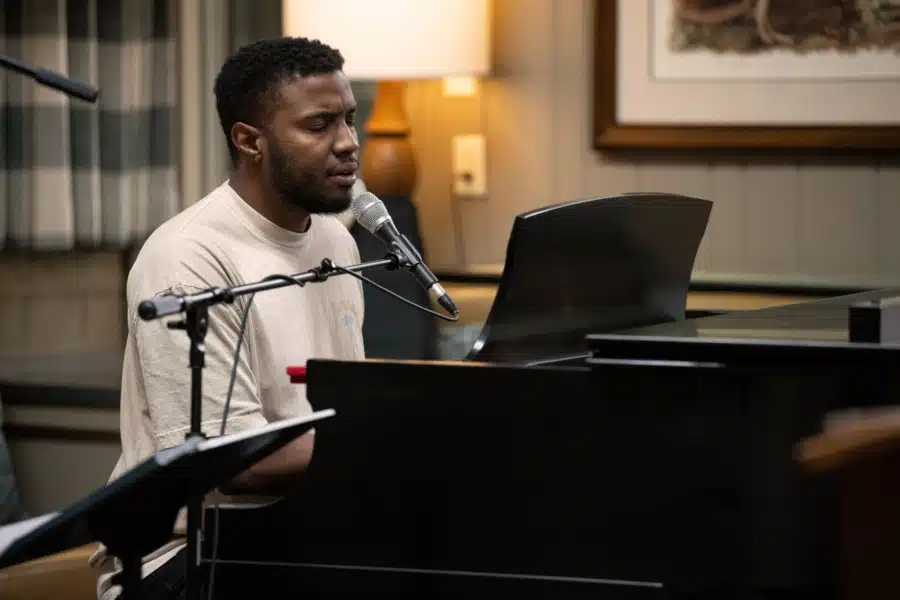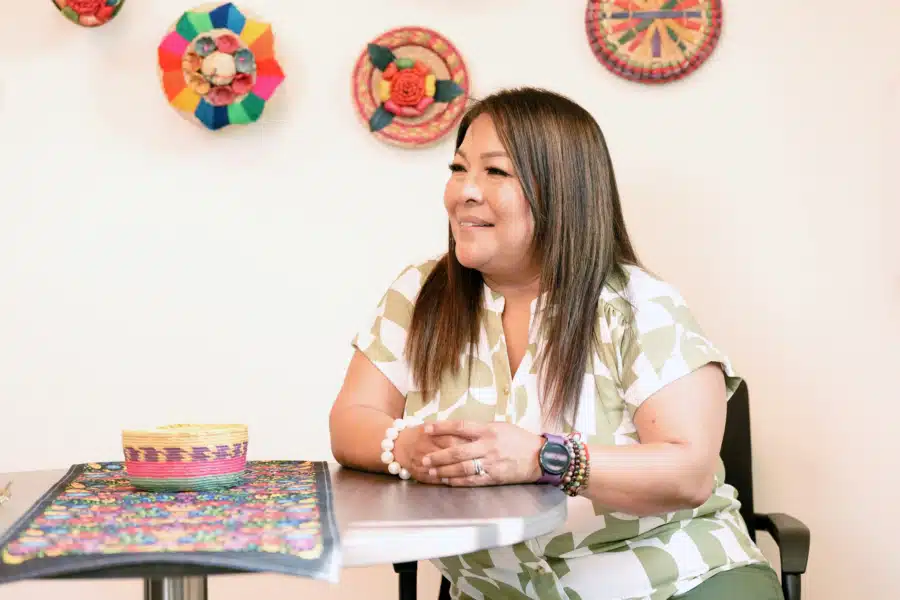
You’ve heard this story before.
But let me tell it again.
One time when Jesus was teaching some people about the kingdom of God, a so-called expert in Jewish law tossed him a softball question: “Teacher, what must I do to inherit eternal life?”
“I think you think you know,” Jesus replied. “Go ahead, tell me.”
The expert, showing his smarts, quoted from Leviticus: “Love the Lord your God with all your heart and with all your soul and with all your strength and with all your mind; and love your neighbor as yourself.”
“You got it,” said Jesus.
But then the expert tried to throw a curveball: “And who is my neighbor?”
Jesus answered this question with a story, one of his most packed—and pointed— parables:
A man was beaten and left for dead on the side of a road. A religious leader came along, saw the injured man, and passed him right by. Then another religious leader did the same. (Imagine telling a story where the Pope and Billy Graham are the bad guys. That’s basically what Jesus is doing here.) Finally, an unlikely hero came along—an ethnic and religious outsider. Jesus knew his audience would struggle to see the outsider as heroic, much less godly.
That man, a traveler from Samaria, cared for the beaten-down guy. He gave him medical care and took him to a safe place. He set up long-term support, all expenses paid.
That, said Jesus, is what it means to love your neighbor. It’s not about who you happen to live next to. Being a neighbor is about attending to your fellow humans who have been in harm’s way.
Luke notes in his gospel version of this story that the religious expert “wanted to justify himself.” The question “who is my neighbor” was an attempt to set limits on love. Can’t our compassion just be for some? Jesus says no—your circle of concern must be wide enough to include anyone, even those who are going to cost you something.
And again, the “neighbor” Jesus valorizes here was of a different background than the people Jesus was talking to. His story dared them—and us—to acknowledge an outsider doing the work of God.
Jesus is claiming that wherever this kind of neighboring is happening, God’s kingdom is close at hand.
Seeing Our Neighbors More Clearly
We think about this story a lot at Know Your Neighbor, which is one of the youngest programs of the H. E. Butt Foundation. Jesus’ parable is packed with insights we can draw on as we try to build a culture of neighboring in San Antonio.
For us, that looks like making learning resources about economic hardship and the history of segregation in the city. It looks like partnering with local cultural organizations who have been stewarding their community’s stories for decades. We invite people to engage with these stories and those who tell them. We host large group meals to bring together neighbors with different backgrounds and views. We run learning cohorts where people do deeper dives into all of these issues.
The goal—in a phrase popularized by the civil rights scholar john powell—is to widen our circle of human concern. To make it harder for us to walk on by. To make seeing and knowing neighbors across the city a cultural norm.
This work doesn’t look much like some of the programs with longer legacies at the H. E. Butt Foundation. But alongside everything we do here—from Laity Lodge to LLYC to Foundation Camps and so on—Know Your Neighbor is an expression of the same organizational mission: to cultivate wholeness in people and institutions for the transformation of communities.
Still, it’s fair for people to ask, as they tend to do, “How does Know Your Neighbor fit in with everything else at the H. E. Butt Foundation?”
“The goal is to widen our circle of human concern. To make it harder for us to walk on by. To make seeing and knowing neighbors across the city a cultural norm.”
At one level, the answer comes down to leadership: When David and Deborah Rogers took the helm of the H. E. Butt Foundation in 2015, they began to dream up new initiatives for the organization, ones that would exist mostly outside the Frio River Canyon. They kept one eye on challenges facing San Antonio, the place they’d lived and raised their kids for decades. They kept another eye on the history of the Foundation’s work stretching back to 1933. With the unique legacies of Mary Holdsworth Butt and Howard Butt Jr. as guiding posts, the Rogers identified a few key concerns of their own, including mental health, the nonprofit community, and families and children who have struggled to thrive.
If you’ve been tracking with the H. E. Butt Foundation in recent years, you’ve seen the emergence of all the new work they launched out of those concerns, including a mental health initiative, The Congregational Collective, our Capacity Building Program for nonprofit leaders, and Know Your Neighbor.
But there is a deeper way this work fits in—it is driven by the same faith that orients all the work of the H. E. Butt Foundation.
We often say that every part of the Foundation’s work is “rooted in Christianity.” Whether a retreat or a camp or a nonprofit leadership cohort or a foray into innovative mental health support, it all rises from the same spiritual soil, even as the shoots and leaves of each program may look quite different.
Being rooted in Christianity also means we keep tilling that soil, which is why we keep coming back to the scriptures for wisdom and direction.
The Circle Where Everyone Belongs
If the Good Samaritan story is where things start for Know Your Neighbor, where things end is, well, with the very end. Theologically, you can say that Know Your Neighbor has a Christian eschatology, a belief about the end of all things.
When Jesus talked about the kingdom of God or the kingdom of heaven, he was not talking about a place to escape from this broken world. He was talking about what the world looks like when God reigns—when God’s rule is realized here on earth as it is in heaven. As N. T. Wright puts it, “Heaven, in the Bible, is not a future destiny but the other, hidden dimension of our ordinary life. … God made heaven and earth; at the last he will remake both and join them together forever.”
Christian hope is not just focused on eternity. It’s focused on what God is doing now and how we can join in with that work.
The cosmos is out of joint, for sure, mostly because humans worship the wrong things: short-term power and pleasure. Just like everyone from Adam and Eve in Genesis to the religious expert in Luke’s gospel, we tend to try to justify ourselves. The world is beset by humans who pretend to be gods. Some of those gods have designed whole worlds and systems where only some people belong.
Think of how opportunity is spread around in your city, and the history of how it’s been spread from one neighborhood to the next, and you’ll see it—little worlds where only some people can belong, only some families are worth fighting for, only some people are blessed. You’ll see whole groups of people neglected on the side of the road, and other people who have too often walked on by—not least, people like us who claim both God and privilege.
It’s a tough story. Jesus didn’t tell easy ones.
But it’s not the only story. And it’s certainly not the end of the story. God’s kingdom is still coming, too, as communities seek repair and widen the circle of human concern.
Jesus’ interaction with the religious expert closed with advice for the guy: “Go and do likewise,” he said. “Be a neighbor like the Samaritan was a neighbor.” That’s what we’re all called to do.

